Hear from Trace King, who was sceptical about completing his Assessing Qualification. He has now gone on to successfully complete a Level 3 in Assessing Vocationally Related Achievement (RQF).
If you’re a new British Canoeing Awarding Body Provider or have been put off from applying due to the Tutor/Assessor qualification requirement for some roles, you may be interested in my experience.
When I set out on the Coach Educator journey, I had no formal qualifications in Tutoring or Assessing. I did however, have many years of experience in both. Maybe like many in a similar situation, I believed that I would get no benefit from completing the course. This, coupled with the uncertainty of choosing a course and provider, as well as cost and time considerations, I just kept putting it off.
I thought that as I have been carrying out assessments for such a long time, there cannot possibly be anything else I need to learn. How wrong I was.
I chose an online course where the structure and delivery methods suited me well.
The course consisted of two units…
Theory and practical, probably no surprises there! The course work and supporting documents arrived the same day I paid so I was able to get straight on it.
Unit One had two tasks. The first was 15 subject area questions to be answered. All the necessary information could be found in the supporting documents or further reading if required. Once I got into the swing of things, this wasn’t as daunting as I feared. I set myself a target of 1 question every 4 days, aligning with the suggested 60 day period. I wrote around 4000 words to cover the 15 subject areas. This took about 2 months, fitting it around family and work commitments.
During my further reading, I discovered the many documents that British Canoeing Awarding Body have to support paddlers, clubs and centres. Some of the questions required me to see how British Canoeing Awarding Body meet legislation, government guidance and all the best practices. I realised that I did not know the website and British Canoeing Awarding Body structure as well as I thought I did.
The second task was a presentation. I did 9 slides which basically summed up the learning from task 1. It was not a requirement to actually deliver the presentation, just submit as evidence.
For Unit 2, you need to assess candidates…
The idea is to demonstrate at least 3 of the 7 methods of assessing on camera. You then need to give briefings and feedback. After the event, you need to provide evidence of how you could use the other 4 methods.
You prepare joining instructions, assessment plans, profiles, action plans and self-reflection documents. Some of these are on templates and some need creating.
I prepared a programme for the day…
And a film plan document, showing how I was going to meet the requirements. You could assess part of an award, as long as you could provide enough evidence. I chose to film parts the Canoe Award, which left the rest of the time to focus on other aspects of the candidate’s assessment.



There was 8 film clips of between 5 and 15 minutes each. I took chairs, clip boards and a white board for bank side aspects and evidenced 4 methods of assessment on film. I then only needed to cover 3 others by way of written explanation.
The experience certainly makes you think more about how you assess your candidates. This also helped with the self-reflection process.
A final assessment followed after a professional discussion with the training coordinator and then my certificate arrived!
It may be easy for me to say now I have finished…
but it was not as daunting as first appeared. You get lots of support from the company. It is also interesting looking at our assessment process and how you can adapt it and I know so much more about British Canoeing Awarding Body.
Having now been through this process, I believe my assessment planning is much more stream lined. The assessment itself feels slicker and I am more confident in facilitating for a robust assessment.
For anyone about to embark on this journey, I hope that by sharing my experience, you might be inspired or at least feel a little more prepared than before.
Choosing your Assessing Qualification
The assessor training refers to the need to have Nationally recognised qualification that meets the National Occupational standards for Assessing.
Examples of Relevant Assessor Qualifications:
- Level 3 Award in Assessing Vocational Related Achievement (QCF)
- Level 3 Award in Assessing Vocational Achievement (QCF)
- Level 3 Award in Assessing Competence in the Work Environment (QCF)
- Conduct the Assessment Process PDA (SCQF, L&D9)
- Assess Workplace Competence Using Direct Methods (SCQF, L&D9D)
- Assess Workplace Competence Using Direct and Indirect Methods (SCQF, L&D9DI)
- NVQ A1 Assessor Award
- NVQ D32/D33 Assessor Award
We acknowledge that not everyone will want or need an Assessing qualification such as the ones above so British Canoeing Awarding Body have developed an Assessing Competence in the Paddlesport Environment eLearning. This costs around £30.
However, we cannot guarantee other organisations will accept this. Therefore, if you plan to be a First Aid trainer in the future or your workplace are wanting you to assess apprentices, the above qualifications is more likely to meet your needs.
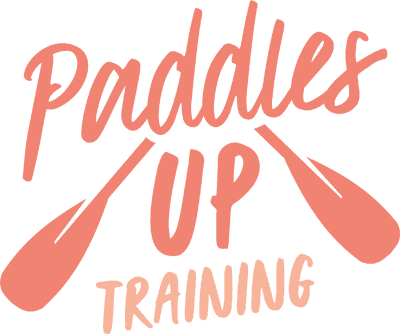
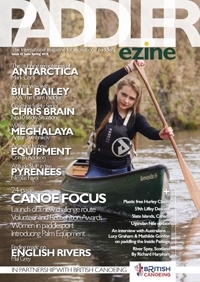
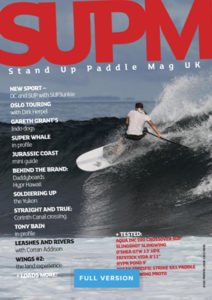
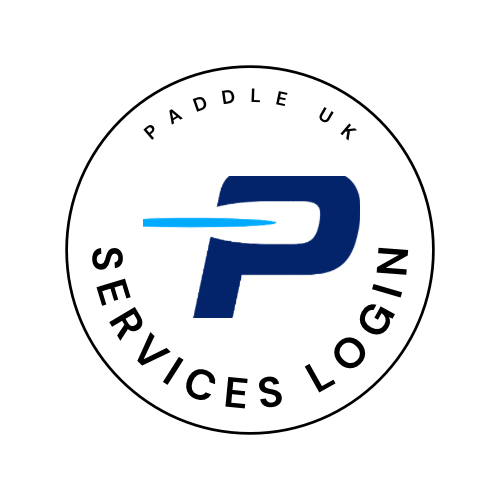
 Go Paddling
Go Paddling Clear Access Clear Waters
Clear Access Clear Waters Paddles Up Training
Paddles Up Training Clubhouse
Clubhouse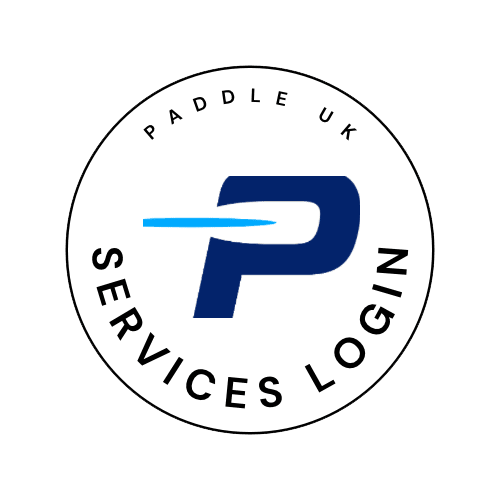 Services Login
Services Login